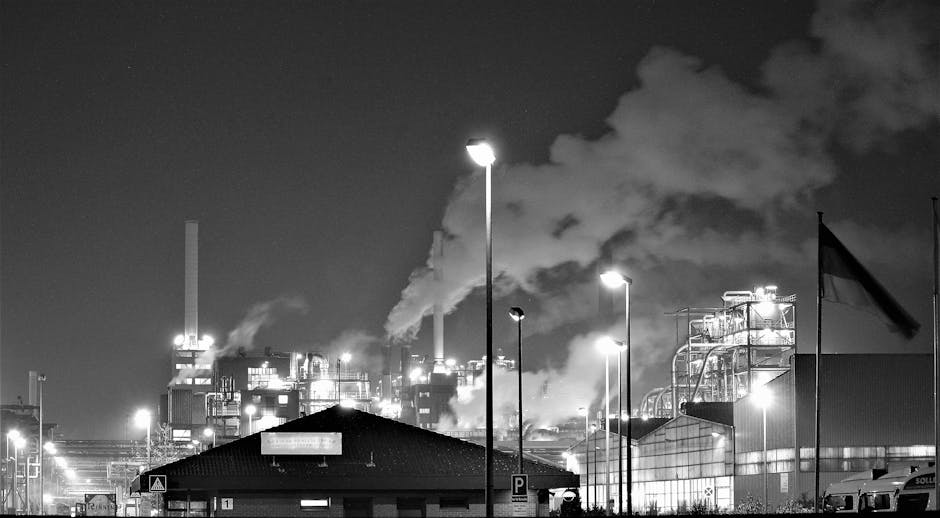Global warming, a phenomenon caused by the rise in average global temperatures, poses a significant threat to the stability of our planet. Over the past century, human activities have accelerated the release of greenhouse gases into the atmosphere, primarily from burning fossil fuels. These gases act like a blanket, trapping heat and causing global temperatures to rise.
The consequences of global warming are widespread and severe. Rising sea levels, driven by the melting of glaciers and thermal expansion, threaten coastal communities. Extreme weather events, including hurricanes, droughts, and heat waves, are becoming more frequent and intense. Altered precipitation patterns lead to changes in plant and animal life, disrupting ecosystems and agricultural productivity.
The effects of global warming are not limited to the environment. Health risks associated with air pollution, extreme heat, and disease transmission are on the rise. Coastal erosion and flooding can force communities to relocate, leading to social and economic disruptions. The long-term implications for our planet's biodiversity and the livelihoods of millions of people are alarming.
Scientific evidence overwhelmingly supports the link between human activities and global warming. The Intergovernmental Panel on Climate Change (IPCC), the world's leading scientific body on climate change, has concluded that it is "extremely likely" that human influence has been the dominant cause of observed warming since the mid-20th century.
The data is clear: global average temperatures have risen by approximately 1.1°C since the pre-industrial era. If global warming continues unabated, we can expect even more catastrophic consequences. The IPCC warns that the average global temperature could rise by 2.6°C to 4.8°C by the end of the century, leading to irreversible and potentially catastrophic changes.
Mitigating the effects of global warming requires a global effort to reduce greenhouse gas emissions. This involves transitioning to renewable energy sources, improving energy efficiency, and implementing sustainable land-use practices. Governments, businesses, and individuals must work together to address this critical issue and secure a livable future for generations to come.
Individual actions, while seemingly small, can collectively make a significant impact. Reducing our carbon footprint through simple changes in lifestyle, such as conserving energy, using public transportation, and consuming less meat, can contribute to the fight against global warming.
Ultimately, addressing global warming requires political will and international cooperation. The Paris Agreement, signed by almost 200 countries, provides a framework for collective action to limit global warming to well below 2°C. By working together, we can ensure a sustainable and prosperous future for our planet and its inhabitants.

